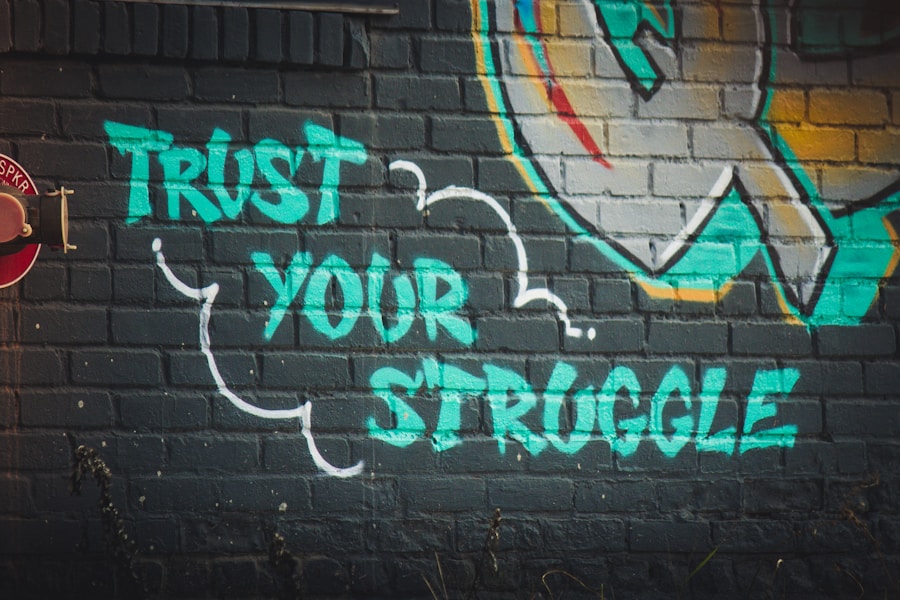ESCAPING THE NARCISSIST
Are you trapped in a toxic relationship? It's time to reclaim your life and find healing. ESCAPING THE NARCISSIST: HOW TO HEAL AND RECOVER FROM NARCISSISTIC ABUSE IN RELATIONSHIPS is your guide to breaking free and starting your journey towards recovery.
Don't let the pain control you any longer. Take the first step today and discover the strategies to overcome emotional abuse and rebuild your life. You deserve happiness and peace.
Start Your Healing Journey TodayNarcissistic abuse is a form of emotional and psychological manipulation that is inflicted by individuals with narcissistic personality traits. These individuals often exhibit a sense of entitlement, lack of empathy, and a need for admiration and validation from others. They use tactics such as gaslighting, manipulation, and emotional blackmail to control and dominate their victims. Narcissistic abuse can occur in various types of relationships, including romantic partnerships, friendships, family dynamics, and work environments.
Victims of narcissistic abuse often find themselves in a cycle of emotional turmoil, feeling confused, invalidated, and powerless. The abuser’s behavior can be subtle and insidious, making it difficult for the victim to recognize the abuse and break free from the toxic dynamic. It is important to understand that narcissistic abuse is not the fault of the victim, and it is not a reflection of their worth or value as a person. Recognizing the signs of narcissistic abuse is the first step towards reclaiming personal power and healing from the trauma.
Recognizing the Impact on Your Mental and Emotional Health
The impact of narcissistic abuse on mental and emotional health can be profound and long-lasting. Victims often experience symptoms of anxiety, depression, low self-esteem, and post-traumatic stress disorder (PTSD). The constant manipulation and invalidation from the abuser can lead to feelings of confusion, self-doubt, and a distorted sense of reality. Victims may also struggle with trust issues, difficulty forming healthy relationships, and a pervasive sense of shame and guilt.
It is important for victims to recognize the impact of narcissistic abuse on their mental and emotional well-being and seek support to address these issues. Healing from narcissistic abuse requires a commitment to self-care, self-compassion, and a willingness to confront the trauma and its effects. Reclaiming personal power and rebuilding self-esteem is a gradual process that involves acknowledging the impact of the abuse, validating one’s experiences, and developing healthy coping mechanisms.
Reclaiming Your Personal Power
Reclaiming personal power after narcissistic abuse involves recognizing one’s inherent worth and value as a person. It requires a shift in mindset from victimhood to empowerment, and a commitment to setting boundaries and prioritizing one’s own needs and well-being. This process may involve challenging deeply ingrained beliefs about oneself and the dynamics of abusive relationships. It also requires developing a sense of agency and autonomy in one’s life, reclaiming control over one’s thoughts, emotions, and actions.
Reclaiming personal power also involves cultivating self-compassion and self-acceptance. It requires acknowledging the impact of the abuse without self-blame or judgment, and embracing one’s strengths and resilience. This process may involve seeking therapy or counseling to address underlying issues and develop healthy coping strategies. It also involves surrounding oneself with supportive and validating individuals who can provide encouragement and validation.
Establishing Boundaries and Self-Care Practices
Establishing boundaries is crucial for protecting oneself from further harm and maintaining a sense of autonomy in relationships. Setting clear boundaries with the abuser and others in one’s life is an essential step towards reclaiming personal power and establishing healthy dynamics. This may involve limiting or cutting off contact with the abuser, asserting one’s needs and preferences, and prioritizing one’s own well-being.
Self-care practices are also essential for healing from narcissistic abuse. This may involve engaging in activities that bring joy and fulfillment, practicing mindfulness and relaxation techniques, and prioritizing physical health through exercise and proper nutrition. Self-care also involves seeking out supportive relationships, engaging in therapy or counseling, and developing healthy coping mechanisms for managing stress and emotional triggers.
Healing from Trauma and Rebuilding Self-Esteem
Healing from narcissistic abuse involves addressing the trauma that has been inflicted and rebuilding self-esteem. This process may involve confronting painful emotions, memories, and beliefs about oneself that have been shaped by the abuse. It also involves developing a sense of self-compassion, self-acceptance, and self-worth that has been eroded by the abusive dynamic.
Rebuilding self-esteem after narcissistic abuse requires challenging negative self-perceptions and developing a more balanced and realistic view of oneself. This may involve reframing negative beliefs about oneself, acknowledging one’s strengths and accomplishments, and practicing self-affirmations. It also involves surrounding oneself with supportive individuals who can provide validation, encouragement, and empathy.
Seeking Support and Professional Help
Seeking support from others is crucial for healing from narcissistic abuse. This may involve reaching out to friends, family members, or support groups who can provide validation, empathy, and understanding. It may also involve seeking professional help from therapists or counselors who specialize in trauma recovery and healing from abusive relationships.
Therapy can provide a safe space for victims to process their experiences, address underlying issues, and develop healthy coping strategies for managing the impact of the abuse. It can also provide validation, support, and guidance for navigating the healing process. Seeking professional help is an important step towards reclaiming personal power, rebuilding self-esteem, and moving forward from the trauma of narcissistic abuse.
Moving Forward and Thriving After Narcissistic Abuse
Moving forward from narcissistic abuse involves embracing a new sense of empowerment, resilience, and self-compassion. It requires letting go of the shame, guilt, and self-blame that have been instilled by the abuser, and embracing a new narrative of strength, worthiness, and possibility. Moving forward also involves setting new goals for oneself, pursuing new interests and passions, and cultivating a sense of purpose and fulfillment in life.
Thriving after narcissistic abuse requires a commitment to ongoing self-care practices, healthy boundaries, and supportive relationships. It also involves continuing to seek professional help as needed to address lingering issues related to the abuse. Moving forward from narcissistic abuse is a gradual process that requires patience, self-compassion, and a willingness to embrace new possibilities for growth and healing. By reclaiming personal power, establishing healthy boundaries, seeking support, and prioritizing self-care practices, victims of narcissistic abuse can move forward from the trauma and thrive in their lives once again.


